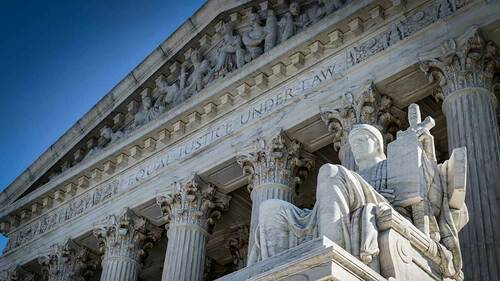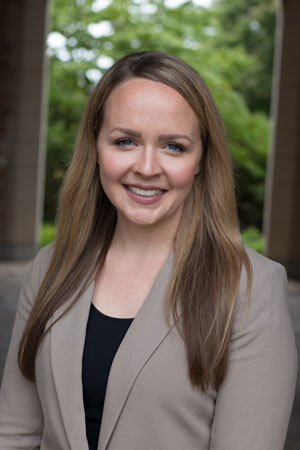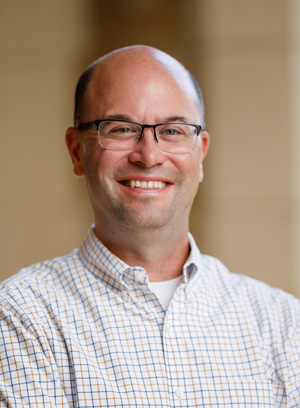
The Supreme Court of the United States heard arguments Wednesday (Nov. 4) in Fulton v. City of Philadelphia, a case that “presents timely and important questions about the Court’s First Amendment doctrines and the balance between religious freedom and antidiscrimination laws,” according to Notre Dame Law School professors Stephanie Barclay and Richard Garnett.

One of the issues before the Supreme Court in Fulton, Barclay explained, is “whether the government has the right to exclude a Catholic ministry from providing foster care services to vulnerable children. Catholic Social Services has been engaged in providing foster care for over 200 years in Philadelphia. Some might say that CSS basically invented the practice in the city.” However, Barclay noted, “the city sought to close CSS down unless it agreed to violate its religious beliefs and certify same-sex couples. No couple ever actually asked for this service from CSS, but the city insisted on a commitment in advance that CSS would be willing to violate its beliefs as a condition of being able to continue serving foster families in the city.” According to CSS, the city’s actions violate the First Amendment to the Constitution of the United States.
“The Fulton controversy raises the question whether governments will accept the fact of pluralism and disagreement among institutions and individuals about contested questions,” said Garnett, the Paul J. Schierl/Fort Howard Corporation Professor of Law and director of the Notre Dame Program on Church, State and Society.
As Barclay explained, “After asserting control over an activity previously within the realm of private religious ministries, the city is now attempting to use its monopoly power to force such agencies like CSS to choose between violating their beliefs and being excluded from their ministry.”

Garnett agreed: “Religious freedom should not shrink or be sacrificed simply because governments expand and their activities increase.”
“Religious groups provide vital services to some of the most vulnerable in society,” said Barclay, who has written extensively about the issues in the Fulton case and was involved in litigating this case in lower court proceedings. “Forty percent of the 50 largest charities in the U.S. are faith-based, and these groups are often the very best at what they do. CSS is no exception — providing unparalleled care to abused and neglected children, more than 70 percent of whom are racial minorities. This case may determine whether homeless individuals, orphans or refugees will be able to receive the aid and support they rely on, or whether their needs will be sacrificed for political expediency.”
Justice Amy Coney Barrett, a graduate and former professor at the Notre Dame Law School, was confirmed to the Court late last month and participated in the arguments, in the first religious-freedom case of her Supreme Court tenure.
Garnett noted that, among other things, “Justice Barrett questioned lawyers for the city about the implications of their position for a government’s attempt to require Catholic hospitals to provide abortions.”
A decision in the case is expected by the end of June.
Contact: Richard Garnett, rgarnett@nd.edu; Stephanie Barclay, sbarcla2@nd.edu